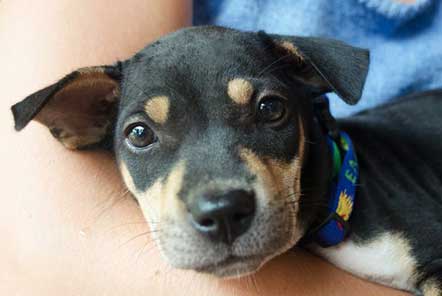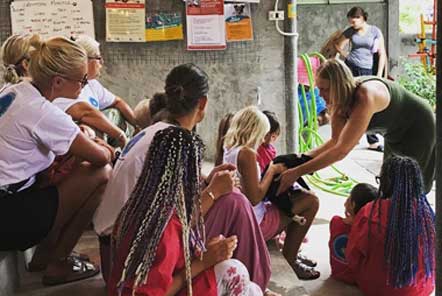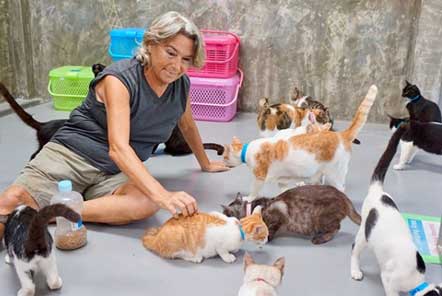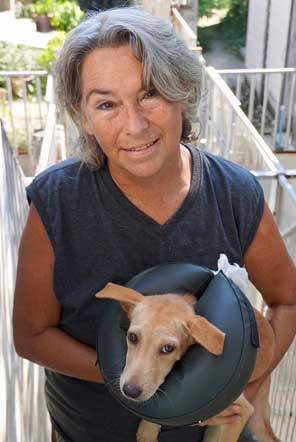A Q&A with Junie!
Volunteer Experiences / 30 November 2018
At our Dog and Cat Rescue project in Thailand, volunteers support the vital work being carried out by the local team through caring for dogs and cats in need. Animal welfare issues are common in Thailand and the local team are always inundated with animals that have been abandoned or abused.
The project works not only to rescue, rehabilitate, look after and often rehome the cats and dogs on the islands, but in the years since it was founded, it has also been educating the local communities on animal welfare.
Volunteers were recently given the opportunity to put some questions to Junie, who founded the project over a decade ago. Here’s what Junie had to say!
Over the years since you founded the Dog and Cat Rescue project, what changes have you seen in the attitudes towards animal welfare in the local communities?
"Physically I can see a huge difference on the island. If you go back 15 years ago, there is now much less stray animals wandering around, much less abused, hungry animals which you’ll still see if you go to other parts of Thailand. Secondly, I’ve seen a change in the mentality of the locals on the island to a better way concerning animals. Before, if an animal was injured, abused and sick it would kind of be left alone and they let it be even if it was a young animal. Now we see pet owners, tourists, and even locals that see stray animals that have been injured taking action and actually bringing the animals to get first aid treatment at our small clinic. It’s quite difficult in this kind of climate because a very very small injury, maybe from a small bite from another animal, can in a months’ time become deadly. The wound gets bigger, there’s flies, there’s maggots, infection and so forth, so it’s quite sad to see that that small injury is fatal when it could have been cured within a week if it came in right away."

What was the most challenging part of your journey in running the Dog and Cat Rescue project and how did you overcome it? And any advice for those looking to help, where do you see the needs most in terms of animal welfare?
"Keeping up with everything is the challenge! Luckily I was 20 years younger or more than that when I came here and saw that something needed to be done.
I would say that sterilisation is still the most effective way to reduce the suffering of many animals and to do that we need more veterinary teams to help around here but also in remote places. Also, more education for the people to inform them why sterilisation is so much more humane and actually effective than culling animals and dumping puppies and kittens on back roads."
Where do you see the project in the future? What are your plans and wishes?
"I do hope that we will be able to make good impact on the children both on Koh Lanta and on the surroundings and hope to change their way of thinking and be more respectful to animals. If we manage this, it would be a huge difference for the animals in the future concerning reducing the suffering and negativity towards animals."

If you were granted 3 wishes, what would you ask for?
"One would be that humans would be more caring for both animals and other humans. That people would realise that even helping a bit with helping an animal is much better than not helping at all because every little thing helps. And number 3 I would say I wish I was 30 years younger so I could have more energy and keep going at the same pace that I did before."
You can find out more about our Dog and Cat Rescue project here: www.podvolunteer.org/projects/dog-and-cat-rescue-thailand








